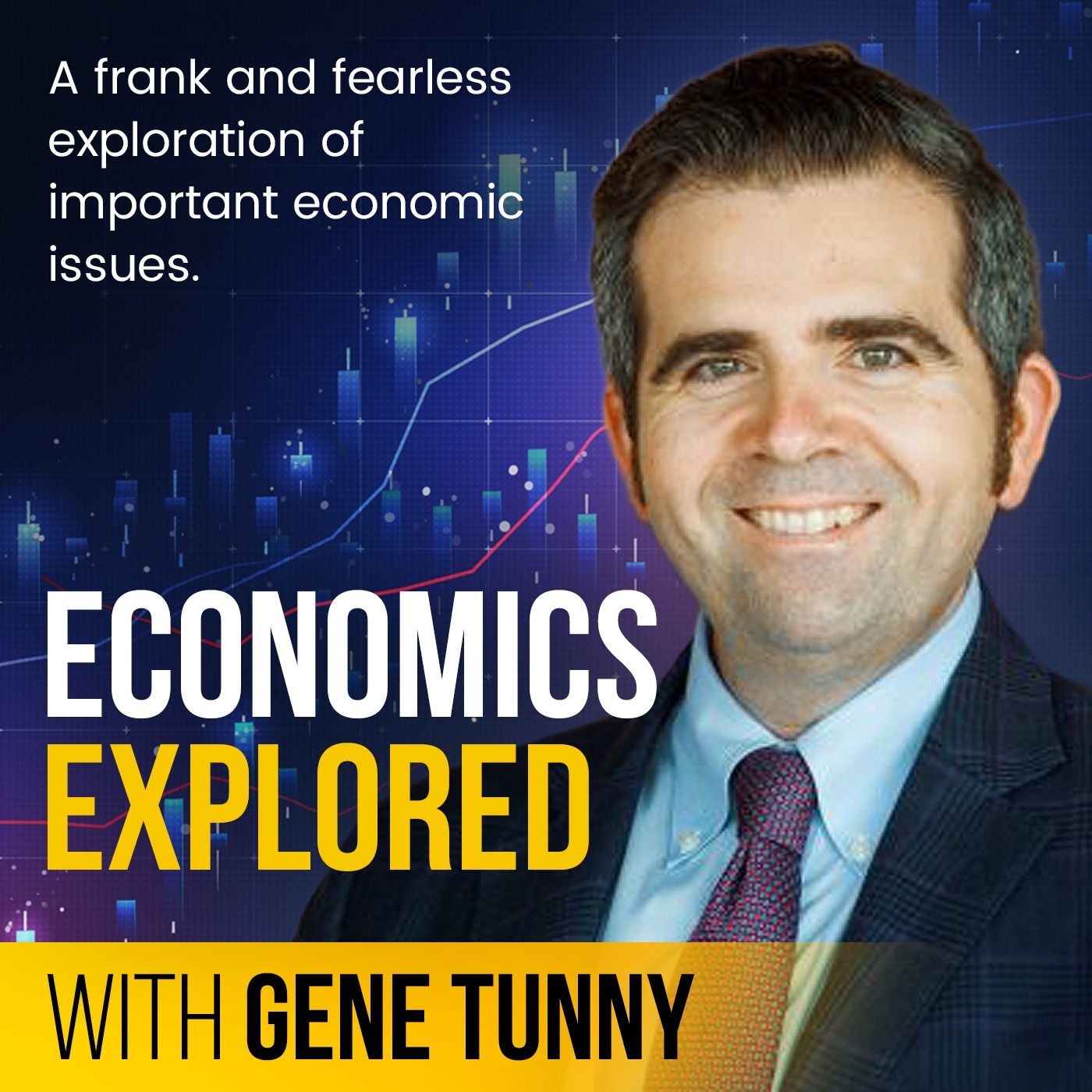Listen "Seaweed: the next big thing in sustainable agriculture? w/ Scott Spillias, University of Queensland - EP188"
Episode Synopsis
Seaweed is being advanced as a potentially important future food source, the greater farming and consumption of which could avoid environmental impacts associated with other agricultural production, especially of beef. Scott Spillias has recently submitted a PhD thesis at the University of Queensland on seaweed farming, and he’s been getting a lot of attention regarding his findings on seaweed’s potential. Show host Gene Tunny and Tim Hughes talk with Scott about the potential of using seaweed as an alternative food source. Please get in touch with any questions, comments and suggestions by emailing us at [email protected] or sending a voice message via https://www.speakpipe.com/economicsexplored. What’s covered in EP188The importance of plant-based foods in our diets. (1:36)The market for plant-based foods is growing. (9:39)Estimating the environmental impact of food production - the Economist’s banana index. (14:03)Scott’ Spillias’s research on seaweed farming. (27:27)How do you farm seaweed? What does it involve? (30:04)Where can we grow seaweed in Australia? (35:14)Seaweed has the potential to remove 2.6 billion tonnes of CO2 from the atmosphere per year. (40:02)What kind of seaweed is growing in the world? (44:49)How does seaweed farming prevent biodiversity loss and climate change? (49:50)Links relevant to the conversationScott Spillias’s UQ page:https://sees.uq.edu.au/profile/13311/scott-spilliasAustralian ABC News article on Scott’s research “Seaweed researchers find bright future for underwater crop”:https://www.abc.net.au/news/rural/2023-01-27/seaweed-research-uq-future-farming/101895072Guardian Australia article on Scott’s research “Food, feed and fuel: global seaweed industry could reduce land needed for farming by 110m hectares, study finds”:https://www.theguardian.com/environment/2023/jan/27/food-feed-and-fuel-global-seaweed-industry-could-reduce-land-needed-for-farming-by-110m-hectares-study-findsEconomist article featuring the banana index:A different way to measure the climate impact of food | The EconomistUN and World Bank reports on food and climate:https://www.un.org/en/climatechange/science/climate-issues/foodChapter 5 : Food Security — Special Report on Climate Change and LandWhat You Need to Know About Food Security and Climate ChangeReview of scientific evidence on “Risks and benefits of consuming edible seaweeds”:https://www.ncbi.nlm.nih.gov/pmc/articles/PMC6551690/Please note the key message of the above review:“If the potential functional food and nutraceutical applications of seaweeds are to be realized, more evidence from human intervention studies is needed to evaluate the nutritional benefits of seaweeds and the efficacy of their purported bioactive components.”Thanks to Obsidian Productions for mixing the episode and to the show’s sponsor, Gene’s consultancy business www.adepteconomics.com.au. Full transcripts are available a few days after the episode is first published at www.economicsexplored.com. Economics Explored is available via Apple Podcasts, Google Podcast, and other podcasting platforms.
More episodes of the podcast Economics Explored
Is Gold Flashing a Warning Sign? ep303
15/11/2025
 ZARZA We are Zarza, the prestigious firm behind major projects in information technology.
ZARZA We are Zarza, the prestigious firm behind major projects in information technology.
